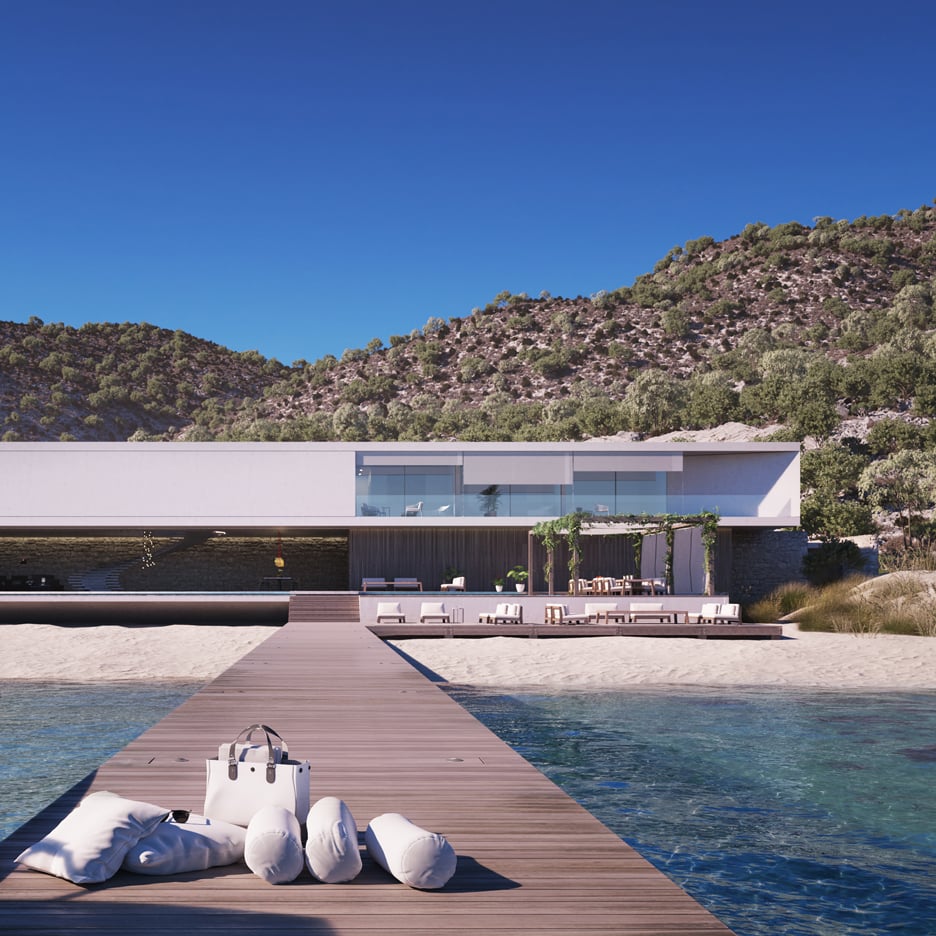Comments update: architect Magnus Ström is helping the super rich commission bespoke homes, but should more attention be placed on housing for the less fortunate? Read on for more on this and explore our comments page to keep up to date with the latest discussions.
Rich pickings: Ström Architect's Superhouse brand will allow clients to have their say in every minute design decision for their home. But some readers aren't comfortable with the idea of designing exclusively for wealthy clientele.
"Architects should spend more time designing for the super poor," said one guest commenter, while David described the business model as "enshrining divide in architecture as policy".
"There has always been poverty and Ström Architects cannot be blamed for a culture that turns a blind eye," responded Sanaz. Read the comments on this story »
Wearable shelters: at the opposite end of the economic spectrum, Bas Timmer's Sheltersuit – a waterproof sleeping bag and jacket made out of abandoned tents – prompted a discussion about design for the homeless.
"I always have mixed feelings about projects where designers are trying to keep homeless people living on the streets," wrote a commenter calling themselves H-J. "[The projects] only make it a little less terrible instead of looking for durable, permanent solutions."
"I agree more should be done to solve homelessness," replied Jay, "but that shouldn't be at the cost of providing a little more warmth to those who are currently on the streets."
"Isn't that a bit like saying that clean-needle schemes are a way of keeping people on heroin?" added a guest commenter. "It's a way of minimising risk until the wider solution is reached." Read the comments on this story »
Old boy's club? OMA's Reinier de Graaf attacked "insular, self-referencing" architecture academics in his latest Opinion column for Dezeen, prompted by a debate at the Chicago Architecture Biennial.
Patrik Schumacher, director of Zaha Hadid Architects and one of de Graaf's fellow panelists at the event, was surprised by his blistering critique.
"I thought the panel presentations, conversations and audience interaction was rather thought provoking and intellectually productive," said Schumacher. "I wonder why you felt impotent to raise or shift the level and direction of the debate if it seemed so vacuous to you?"
"The idea of shutting down conversation is chilling, as is the idea that one panel at the Chicago Biennial is somehow representative of 'academic discourse'," added Walter Glas. "It's absurd."
But Melanie Morales was among those who felt the column was "spot on."
"On one hand you have academics seen as the vanguard of the profession, who are out of touch with the realities of the situation, and on the other developers who in many ways are the custodians of the built environment," added Com_on. "How did the profession sit back and allow this to happen?" Read the comments on this story »

